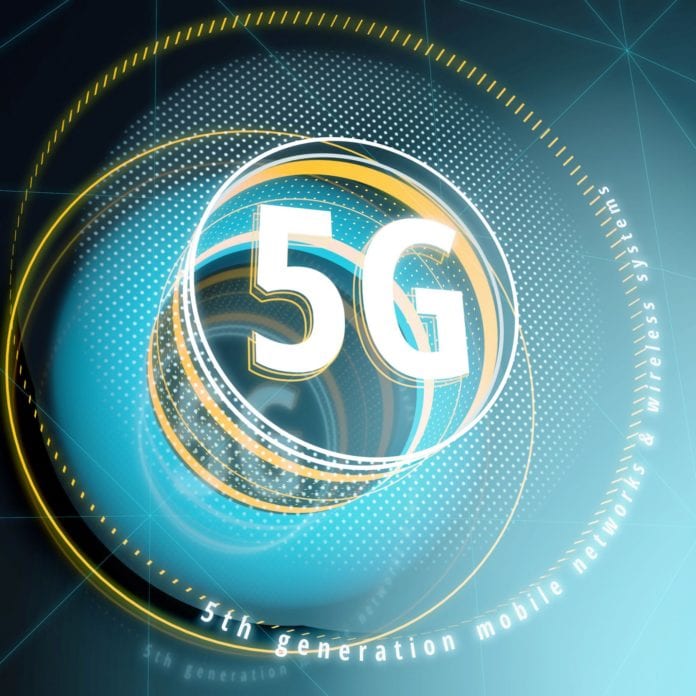South Korea expects to reach 5 million subscribers in the 5G segment by the end of the year, Korean news service Yonhap reported, citing government data.
Almost 4 million South Koreans had subscribed to 5G as of the end of October, adding 516,000 from the previous month, according to the data compiled by the Ministry of Science and ICT.
The country’s three mobile operators – SK Telecom Co., KT Corp., and LG Uplus, rolled out the commercial 5G network in early April and have aggressively promoted their new service for premium smartphones.
SK Telecom’s market share in the 5G segment reached 44.4% as of October, followed by KT with 30.4% LG Uplus with 25.1%, the ministry said.
The number of 5G users increased by more than 500,000 for three consecutive months from May, and it was estimated to have added about 850,000 in August as Samsung Electronics. launched its latest phablet, Galaxy Note 10, available only in 5G model, in the Korean market.
The three Korean telcos launched limited 5G commercial services in December 2018 as part of an agreement with the ICT ministry to launch simultaneously to avoid excessive competition. The three mobile carriers initially launched the 5G service in limited areas in Seoul
In June 2018, South Korea completed a tender process through which it awarded spectrum in both the 3.5 GHz and 28 GHz bands. The government made available a total of 280 megahertz in the 3.5 GHz spectrum band and 2,400 megahertz in the 28 GHz band. The spectrum was divided into 28 blocks and 24 blocks.
Participant operators SK Telecom, KT, and LG Uplus had a 10-block cap per spectrum band. The telcos paid a total of 3.6183 trillion won ($3.3 billion) for the spectrum, 340 billion won higher than the starting price of 3.3 trillion won.
The 3.5 GHz band licenses cover a ten-year period and the 28 GHz band licenses a five-year term.
Earlier this week, the Korean authorities announced plans to nearly double the allocation of 5G spectrum for mobile operators by the end of 2026, making an additional 2,640 MHz of airwaves available.
The ICT government said it aims for Korea to lead the world in terms of spectrum availability, with a target of 5,320 MHz.
The Korean government did not provide specific details on the new bands to be awarded nor the specific timeframe for releasing the new spectrum. However, industry sources expect each operator to be allocated another 300 MHz in the 3.5 GHz band.

